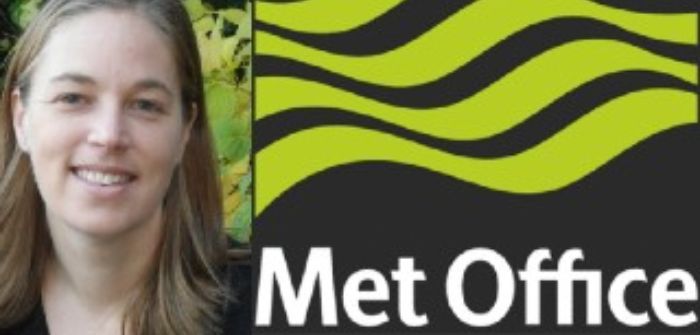Professor Helen Dacre has been appointed as Met Office joint chair – a key role in the university’s partnership with the Met Office.
Professor Dacre, a dynamical meteorology researcher in Reading’s department of meteorology, will take up the position on June 1, and replaces Professor Sue Grimmond, a fellow researcher in the university’s meteorology department, who has held the position since 2019.
Professor Dacre will take a lead on driving joint research, innovation and collaboration between the two institutions. She will also coordinate activities within and across the university that align with Met Office research and innovation priorities and champion the Met Office within Reading.
Professor Dacre’s research has addressed modeling the relationship between volcanic ash clouds and weather systems, including after the eruption of Iceland’s Eyjafjallajökull volcano in 2010, which disrupted airline travel. This research included the development with the Met Office of a model to predict the dispersal of volcanic ash after eruptions and has led to Professor Dacre working with a number of renowned organizations, such as the Civil Aviation Authority, Rolls-Royce and British Airways.
The university’s partnership with the Met Office has underpinned the University of Reading’s work in meteorology and Earth systems science for more than 50 years. The three-year joint chair role is held by a university colleague whose work aligns with Met Office research and innovation strategy. Reading is one of eight UK universities with joint chairs as part of the Met Office Academic Partnership (MOAP) to which the Met Office contributes.
Professor Dacre said, “As the new Met Office joint chair at Reading, I am delighted to be taking on this role and am keen to enhance our already established relationships and to develop new collaborations between our organizations. Through this partnership, we can pool our resources and expertise to tackle some of the most pressing and complex challenges facing society today. I’m excited about the opportunity to contribute to the continued success of both the Met Office and the University of Reading over the next few years.”
Professor Robert Van de Noort, vice-chancellor at the University of Reading, said, “Partnerships and collaborations with world-leading organizations like the Met Office are crucial to our research and teaching. Professor Dacre will provide a fresh perspective and new insights to allow us to address real-world challenges, such as climate change, together.”
Professor Stephen Belcher, chief scientist at the Met Office, said, “Extreme weather events and climate change pose among the greatest risks facing humanity. Tackling them is an urgent and huge undertaking. The Met Office can’t do it alone – the Met Office Academic Partnership harnesses the best of UK research and will give us the best chance of coping with and adapting to future change.”



